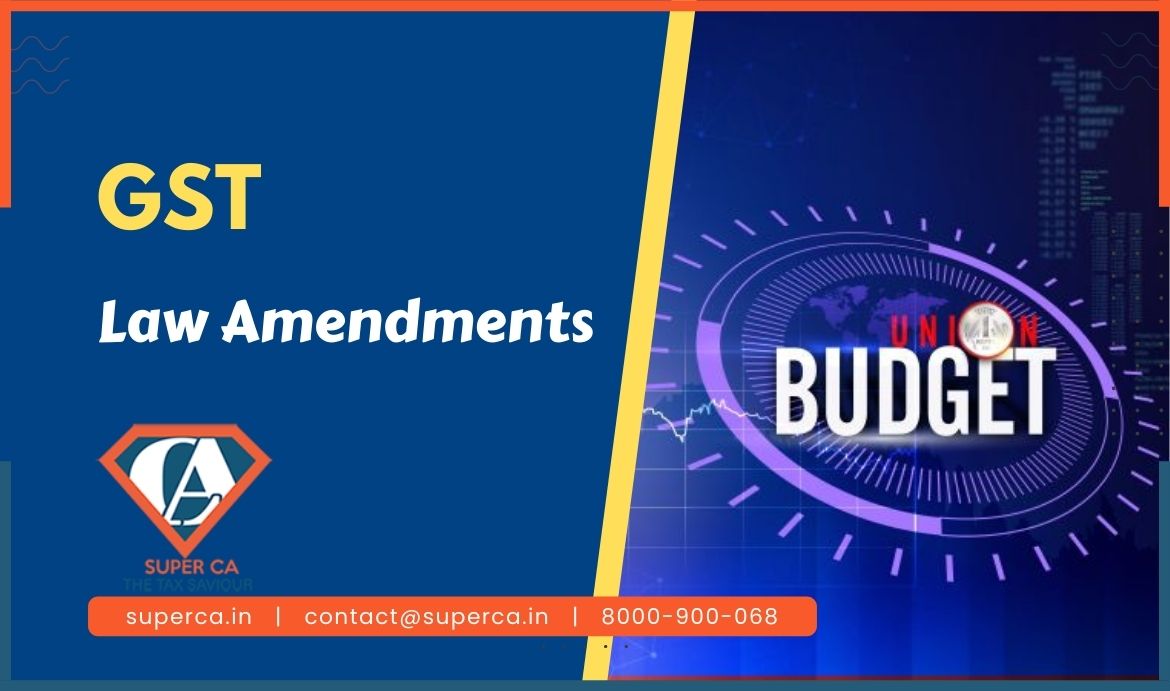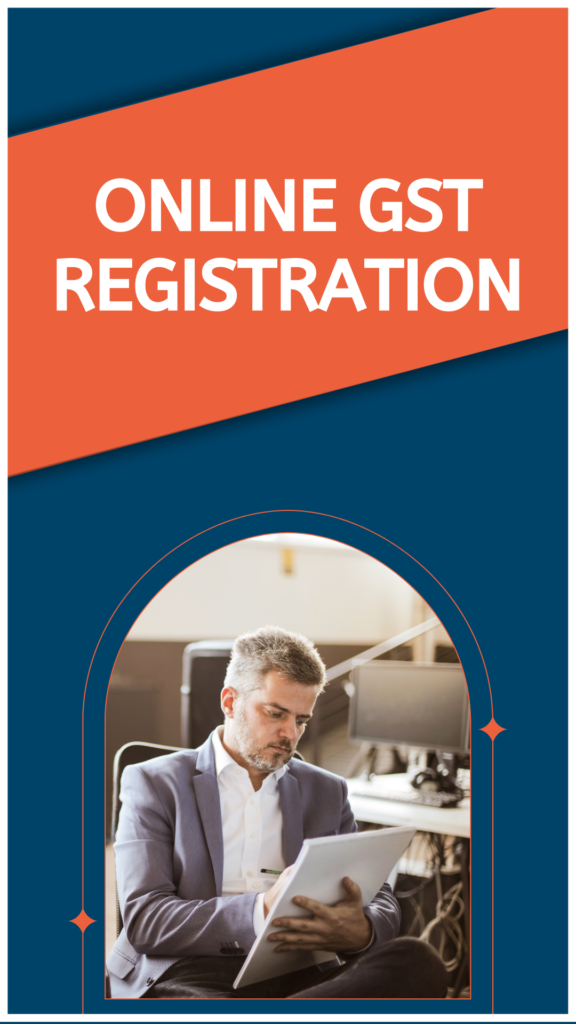
About
The 2023 Union Budget presented by the Finance Minister, Nirmala Sitharaman, has suggested several changes to the Central Goods and Services Tax (CGST) Act. The following provides a detailed examination of the proposed amendments
Key GST Amendments Proposed
1- Decriminalisation
The Indian government is amending sections 132 and 138 of the CGST (Central Goods and Services Tax) Act to raise the minimum threshold for launching a prosecution under GST from INR 1 crore to INR 2 crore. This change applies except in cases of issuance of invoices without the supply of goods or services. The compounding amount is also being reduced from 50-150% of the tax amount to 25-100%. Certain offenses under section 132 of the CGST Act, such as obstruction of an officer’s duties, tampering with evidence, and failure to supply information, are being decriminalized
2- Facilitate e-commerce for micro-enterprises
The government is taking steps to improve e-commerce for micro-enterprises by amending sections 10 and 122 of the CGST Act. This will allow suppliers who are not registered and those who pay a composition tax to make intrastate supplies of goods through E-Commerce Operators (ECOs), as long as certain conditions are met.
3- Amendment to Schedule III of CGST Act, 2017
Additionally, Schedule III of the CGST Act has been amended to exclude certain transactions, such as goods supplied from outside the taxable territory and high sea sales, from the scope of GST. These changes went into effect on February 1, 2019.
4- Alignment of Payment Clause for Reversal of Input Tax Credit in the Event of Invoice Non-Payment within 180 Days
The Second and Third Provisos of sub-section (2) in section 16 of the CGST Act are being revised to match the return filing system specified in the Act. This change concerns the eligibility criteria for Input Tax Credit (ITC), which requires payment to the supplier to be made within 180 days. Under current provisions, if the recipient fails to pay the supplier within 180 days, the ITC taken must be added to their “Output tax liability”. However, since the GSTR-2 and GSTR-3 were not implemented, the provisos needed to be modified to remove the requirement of adding ITC to the “Output tax liability” in the event of non-payment to the supplier within 180 days of the invoice date. This amendment brings the provisos in line with the return filing system and eliminates any ambiguity or inconsistencies in disclosing ITC reversal in cases of non-payment to the supplier within 180 days of the invoice date.
5- Warehouse Sales and Value of Exempt Supply :
The 2023 Budget proposes an amendment to Section 17(3) of the CGST Act, which deals with the availment of input tax credit for inward supplies used for both taxable and exempt supplies. Currently, the input tax credit for such inward supplies can only be claimed for taxable supplies. This amendment expands the definition of exempt supply to include sales of warehoused goods to individuals before clearance for home consumption, making these supplies subject to input tax credit reversal. However, input tax credit reversal will not be required for high sea sales, supply from non-taxable territory to another non-taxable territory, or other specified supplies outlined in Schedule III of the CGST Act.
6- No Input Tax Credit for CSR expenditures :
The 2023 Budget proposes to eliminate the allowance of Input Tax Credit (ITC) for goods and services used for Corporate Social Responsibility (CSR) obligations outlined in section 135 of the Companies Act, 2013. This amendment settles the ongoing debate over ITC for CSR expenditures under the Goods and Services Tax (GST) Act.
7- Exemption from Compulsory Registration u/s 23 of the CGST Act :
The 2023 Budget has proposed amendments to Section 23(1) and (2) of the CGST Act, retroactively effective from July 1, 2017. This change exempts those required to register under Section 22(1) and 24 of the CGST Act from registering if they are exempt under Section 23(1), such as those engaged in solely the business of exempt supply of goods or services or agriculturists for the supply of produce from their land.
8- Three-Year Time Limit for Furnishing GST Returns :
In addition, the Budget has proposed to set a three-year time limit for the filing of GST returns. Previously, there was no upper limit for the submission of returns such as GSTR-1, GSTR-3B, GSTR-9, GSTR-9C, and GSTR-8, but now a maximum time limit of three years from the due date has been proposed for their filing.
9- Eligibility for Provisional Refund Extended to Provisionally Accepted ITC
Budget 2023 has proposed to extend the eligibility for provisional refunds to include provisionally accepted Input Tax Credit (ITC) by removing reference to it in sub-section (6) of section 54 of the CGST Act. This change aligns the provision for provisional refund with the self-assessed ITC scheme as per section 41(1). The amendment omits the words “excluding the amount of input tax credit provisionally accepted” and brings uniformity to the treatment of ITC while simplifying the provision for provisional refund. With this amendment, provisionally accepted ITC is now eligible for provisional refund up to 90% of the total amount claimed for zero rated supplies.
10- Streamlining Interest in Delayed Refunds :
The 2023 Budget has proposed changes to Section 56 of the Central Goods and Services Tax (CGST) Act to improve the calculation of interest on delayed refunds. The amendment gives the government the authority to set the rules for computing the interest and impose any conditions or limitations on granting the interest on delayed refunds.





